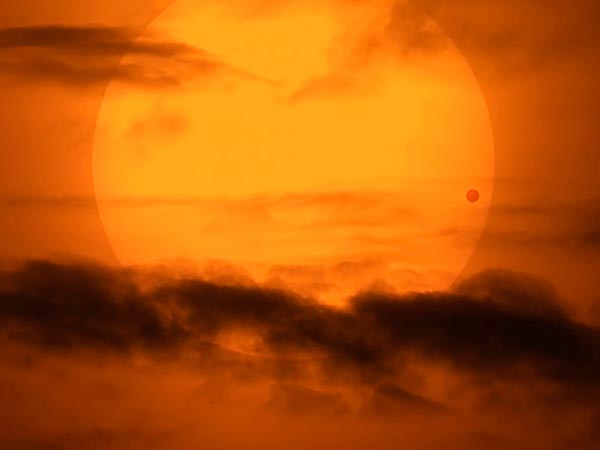
photo: nationalgeographic.com
It’s a timely image because this Tuesday NASA informs us that sky enthusiasts are "abuzz” which the upcoming Venus Transit event, an event that only happens twice ever 100 years.
If you would like to capture it this Wednesday, there are more information about where and how you will see it here. Should you miss it, you will need to wait until it takes place again in 2117.
Astronauts aboard the International Space Station are going to have a unique vantage point for this week's transit of Venus, a spectacular and extraordinary event when Venus will emerge like a tiny black dot on the sun while it crosses in front of our closest star.
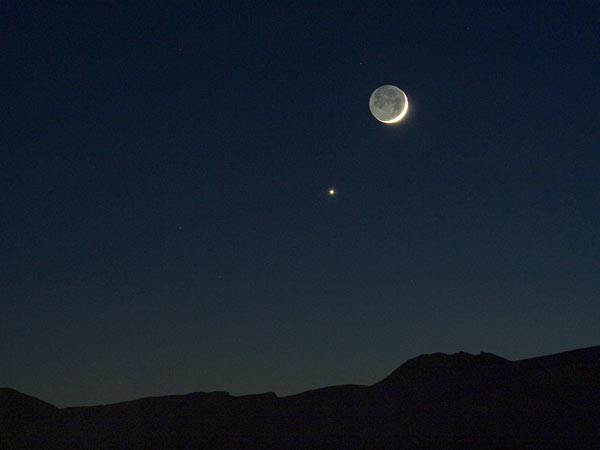
photo: nationalgeographic.com
The transit will happen in June 5, and won't occur again over a 100 years, in the year 2117. To add more to the historical nature of the day, NASA astronaut Don Pettit, one of the six members of the station's Expedition 31 crew, intends to become the first person to take pictures of the transit of Venus from space.
"I've been planning this for a while," Pettit said in a statement. "I knew the Transit of Venus would occur during my rotation, so I brought a solar filter with me when my expedition left for the ISS in December 2011."
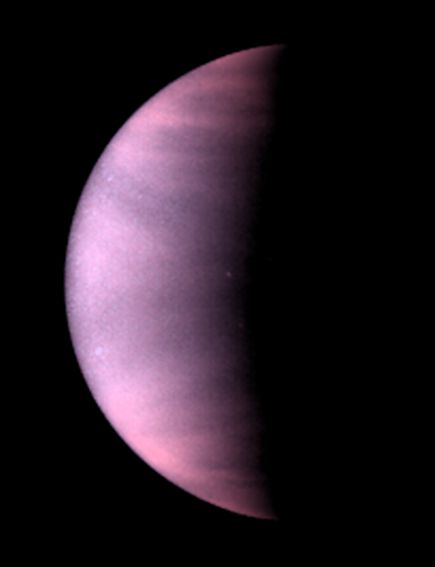
photo: nationalgeographic.com
While observers in many regions of the globe- including North America, Europe, Asia and eastern Africa - will likely be well-placed to view at least part of the transit personally, Pettit is about to experience the spectacular view from his orbital perch.
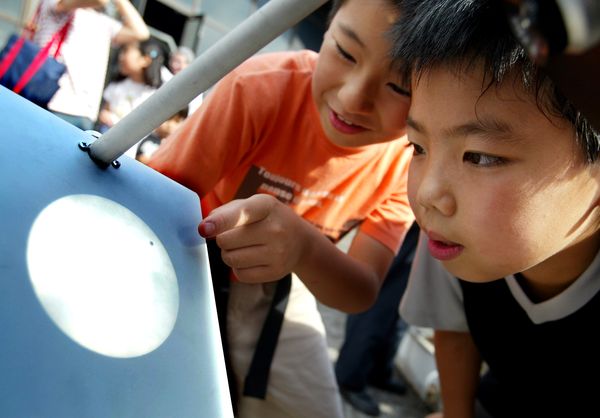
photo: nationalgeographic.com
Transits of Venus take place in pairs eight years apart, once every century or so. Consequently, taking pictures of the natural phenomenon can be a rare and exceptional opportunity. It is usually something that hasn't been done in the space station, which orbits 245 miles (394 kilometers) above the surface of the Earth.
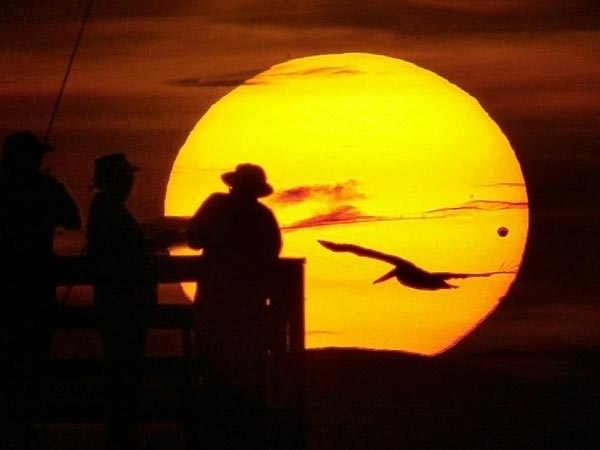
photo: nationalgeographic.com
"The Expedition 31 crew is definitely the first people in historyto witness a Venus transit from space, and Pettit would be the first to photograph one," NASA astronaut and planetary scientist Mario Runco, Jr., of the agency's Johnson Space Center in Houston, said in a statement.
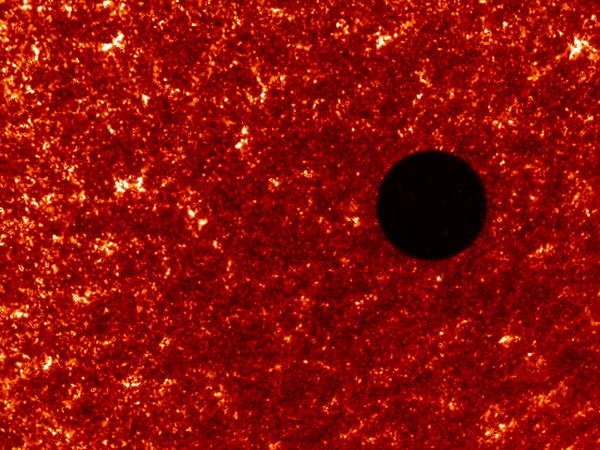
photo: nationalgeographic.com
Runco flew three space shuttle missions and is also a specialist in the optics of spacecraft windows, NASA officials stated. His wife, Susan Runco, is likewise the coordinator for astronaut photography in the Johnson Space Center.
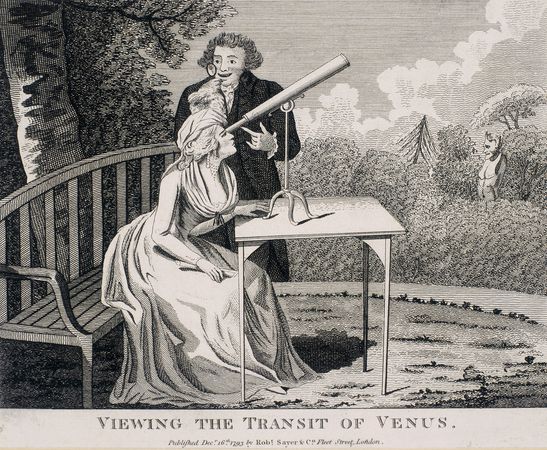
photo: nationalgeographic.com
Mario has actually been advising Pettit regarding how to capture the perfect pictures on the Venus transit from space.
"For this transit, Don will be taking out the non-optical quality, internal protective window panes called 'scratch panes,' which really make crisp, sharp, and clear images impossible," Runco said. "Removing those panes is a huge plus with regards to details which will be seen in the imagery of the sun."
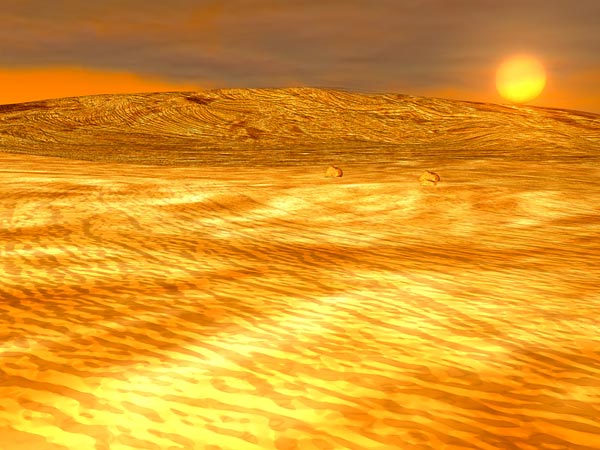
photo: nationalgeographic.com
The spaceflyer will likewise equip his camera with special solar filtersto watch the historic transit.
Pettit will be using a high-end Nikon D2Xs camera and an 800mm lens which has afull-aperture white light solar filter.
On June 5, Pettit will plans to shoot pictures from the side windows of the space station's lookout dome. This seven-window observation room, known as the Cupola, was built by a European Space Agency that provides wide-angle views of Earth and the space.
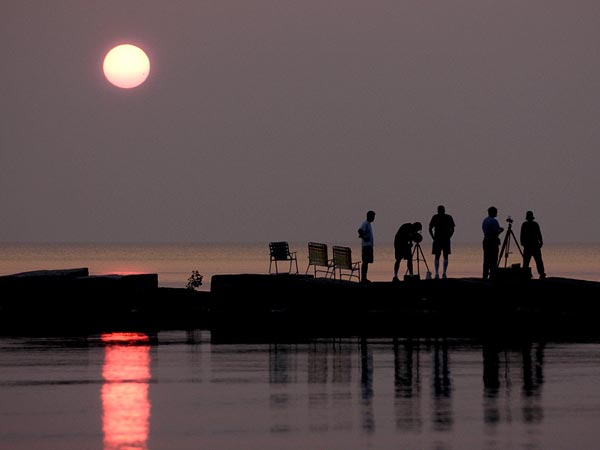
photo: nationalgeographic.com
"Even using this great camera system, the pictures will probably be quite soft when the scratch panes weren't removed," Runco said. "This is simply the 3rd time that we will be [shooting through] the Cupola's optical quality windows." He hopes that this becomes a routine in the future."
Astronauts aboard the space station typically hole up inside the Cupola to control the outpost's robotic arm, supervise as well as coordinate space dockings, and take pictures of the planet Earth and sky for scientific research and public outreach.
Station crew members frequently distinguish the Cupola like a popular area to catch exceptional views during off-duty time.
According to NASA, astronauts were onboard the space station on June 8, 2004, when the previous transit of Venus took place, but they weren't able to witness the historic event, primarily because there have been no solar filters in the orbiting outpost.
As Venus passes in front of the sun, planet Venus will cover just a tiny proportion of the solar disk, which means observers require proper precautions. It is extremely dangerous for humans to stare the sun (even mid-transit) without the right eclipse glasses or solar filters for binoculars and telescopes.
Pettit is expected to immediately post his pictures online, while the roughly 7-hour transit is happening. In North America,the perfect times to see the transit will probably be in the hours before sunset on Tuesday, June 5. NASA is going to be hosting a webcast on the entire transit on that day, with live footage in the summit of Mauna Kea, Hawaii, accompanied by commentary from astronomers and transit experts.
NASA's Solar Dynamics Observatory is expected to view the transit of Venus from space. These observations are going to be used to calibrate the satellite's instruments, but will likewise help researchers know more about Venus' hellishly hot atmosphere, agency officials said.
NASA will also be conducting an online chat for the transit of Venus on June 5, beginning at 5:30 p.m. EDT (2130 GMT).
Since the event takes place throughout the International Date Line, the Venus transit will happen on Wednesday (June 6) in Asia, Australia, Africa, and Europe.
Live Video Streaming from NASA